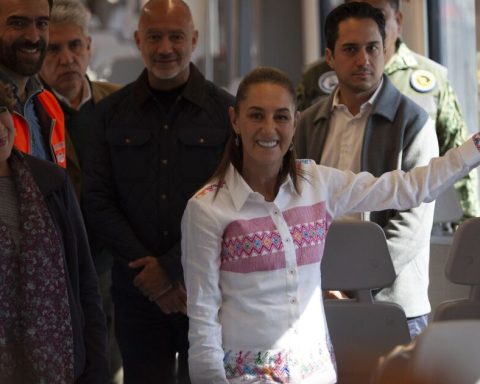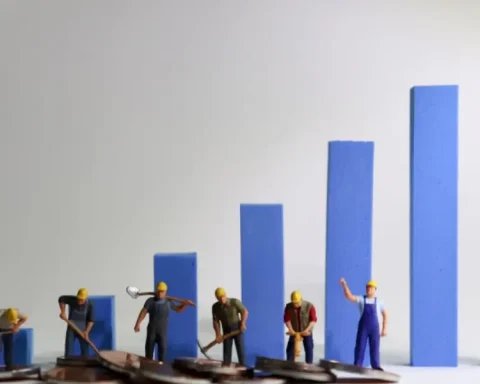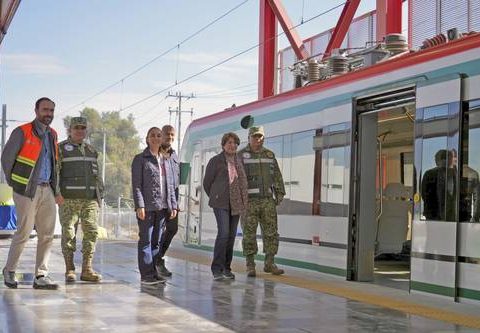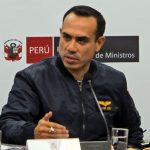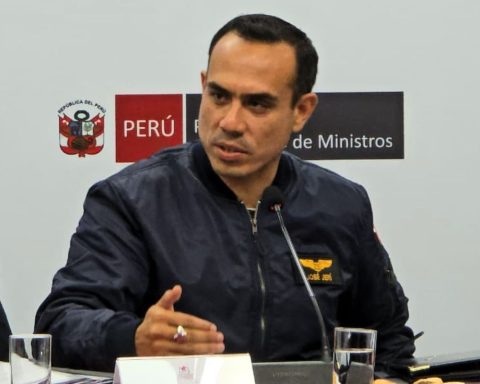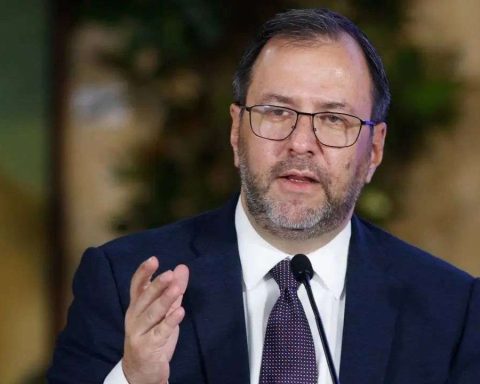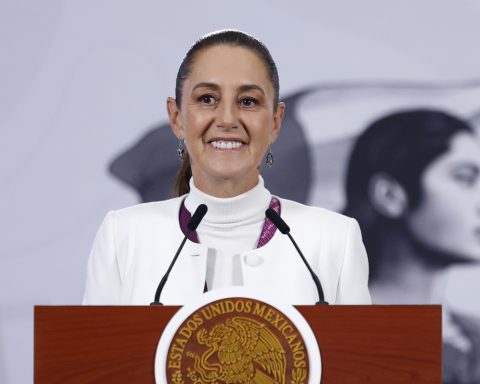After the hangover from Trump’s victory, worsened by the profile of those who will make up his cabinet, two recently published books have been useful to me in understanding the origin of the political-social tsunami in the base of Republican voters, as well as the context that Mexico and the world will have to face. Firstly, that of the Spanish political scientist, Alicia Valdés, Politics of Malaise; and the latest book by Byung-Chul Han, a South Korean philosopher from the University of Berlin, The Spirit of Hope.
Valdés makes an analysis of politics, beyond the rational, of the reason for the discomfort of our contemporary Western society, expanding the easy hypothesis that voters are irrational when we vote in favor of someone who goes against our own interests. Donald Trump’s victory would not be explained only based on this theory of American political behavior. “Going deeper into the analysis implies not limiting ourselves to the explanation based on the calculations of the Self and questioning what other elements come into play in decision-making.”
Valdés’ response is that, as with an individual, studying the behavior of society requires tools such as psychoanalysis. To explain why in the most developed societies in the world, voters from popular sectors in Europe and the United States are opting for right-wing governments (and not left-wing ones), he uses the description of depression, “a disease of responsibility, in which dominates the feeling of inadequacy. The depressed person is not up to the task, he is tired of having become himself.” And Political Reality, as a context in which society as a whole feels frustrated and dissatisfied.
Martha Nussbaum, in her text The Monarchy of Fear, had already advanced that fear threatens the institutions and life of liberal democracy. For Byung-Chul Han, the issue is more serious, from his perspective “democracy only thrives in an atmosphere of reconciliation and dialogue. He who absolutizes his opinion and does not listen to others, has ceased to be a citizen. When fear prevails, differences do not dare to show themselves, so a continuation of the same occurs. “Fear closes the doors to what is different.”
To understand Donald Trump’s victory and what his government can mean for the institutions of the United States, as well as its relationship with other governments in the world, it is necessary to start from a recognition of the fatigue of large sectors of Americans with the lack of results. and the well-being to which they aspire. The ideological rhetoric of MAGA, beyond the serious errors of Biden-Harris and the Democratic Party, connects with that depression, anguish and fear, to offer hope for something better.
Thus, faced with his Political Reality of being a President who “does not belong to the political class of Washington”, and without filters since he will not be able to be re-elected in 2028, we will see Trump’s actions to satisfy what, from his vision of the world, his country needs to heal. During his campaign he has threatened us, and he will try to fulfill it, of having a fierce agenda on migration, on fentanyl-organized crime, against the presence of China in our country, among others. But, above all, Trump sold the hope of another direction. Explaining the psychological effect of hope, Han states, “Unlike hope, expectation and desire are linked to an object or event. “Hope is open, it is directed toward something broader.”
Thus, in Trump’s head, the United States prisons are “full” of criminals who entered their country illegally. The next immigration czar, Tom Homan, has the instruction to begin with clear and forceful actions in this regard. How about starting by deporting criminals back to their countries? We could see Defense Secretary nominee Pete Hegshet, in coordination with Homan, use the Air Force to deport inmates. Visualize that image, rows of “criminals” (the vast majority Latin Americans), handcuffed, boarding US Air Force planes. All to address the depression, anguish, fear and, above all, the hope of those who support and voted for the promise of MAGA.

